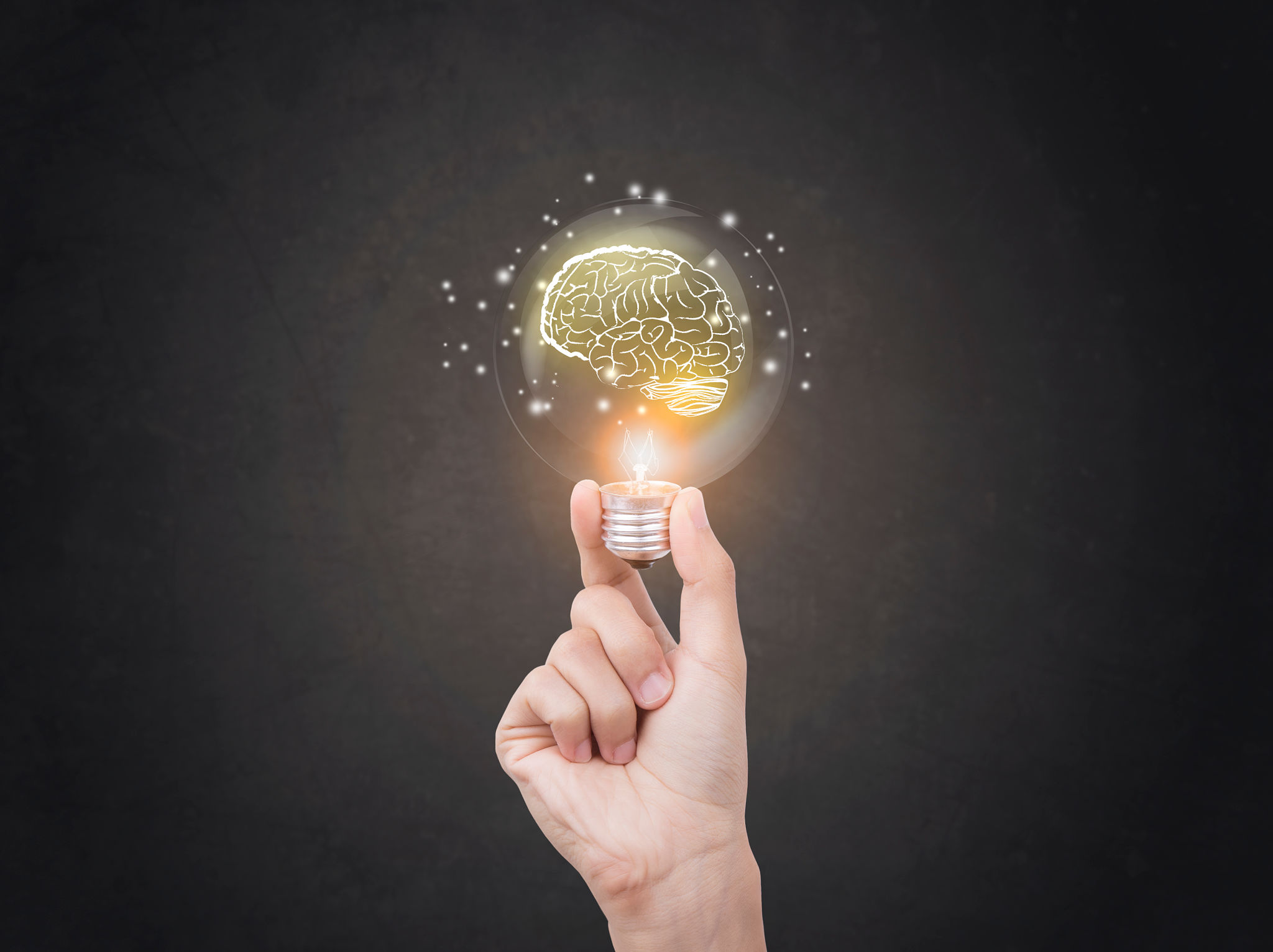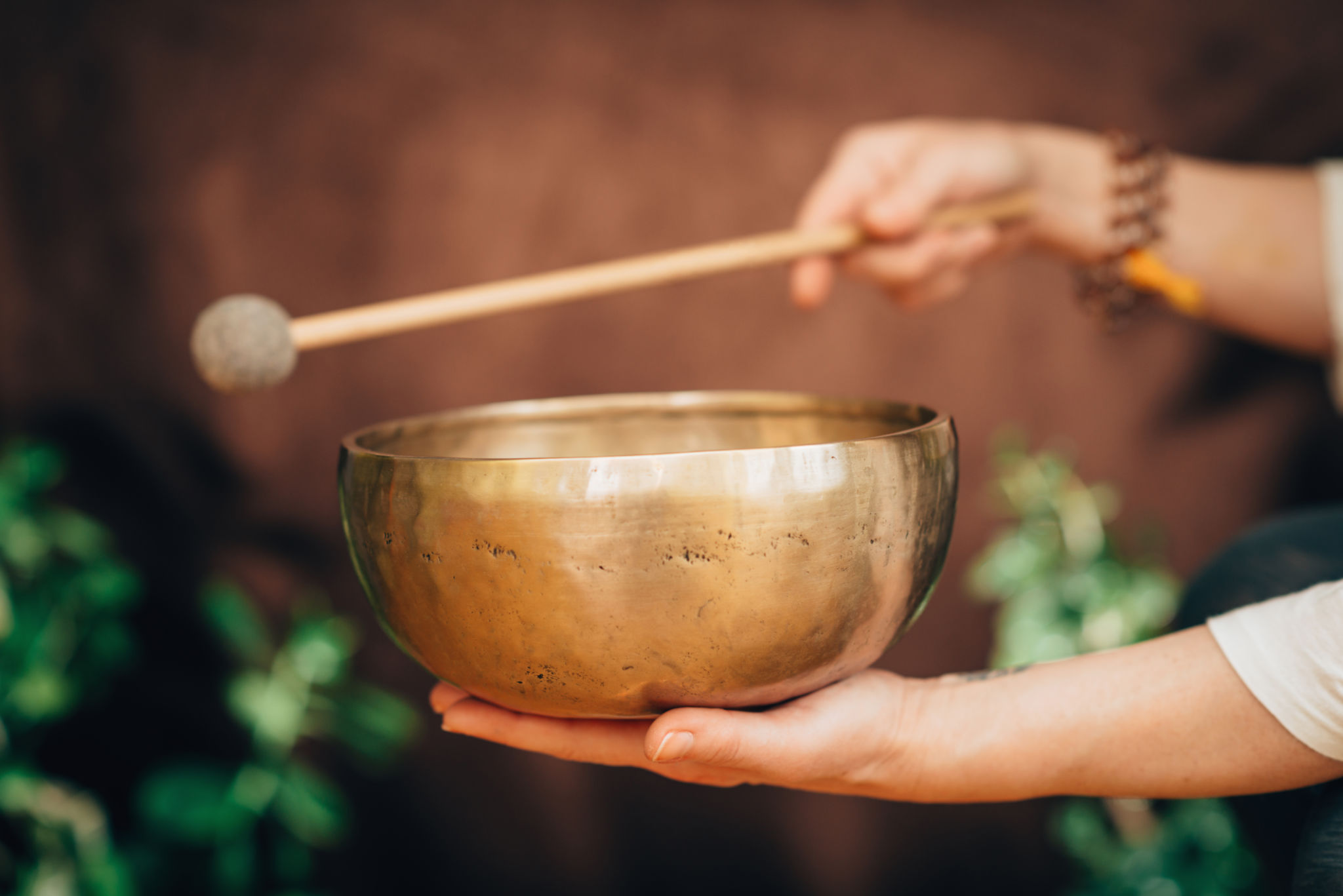Creating Memory Triggers: How to Help Loved Ones with Dementia Remember Stories
Understanding Dementia and Memory Loss
Dementia is a challenging condition that affects millions of people worldwide. It impacts memory, thinking, and social abilities severely enough to interfere with daily life. One of the most distressing aspects for both patients and their families is the loss of cherished memories. However, there are ways to assist loved ones in recalling important stories, enhancing their quality of life and emotional well-being.
Memory triggers can be powerful tools for helping individuals with dementia remember stories from their past. These triggers can take various forms, such as photos, music, scents, and even tactile objects. The key is to find what resonates most with the individual.

Using Photographs as Memory Triggers
Photographs are perhaps the most straightforward and effective memory triggers. They offer a visual cue that can spark memories and conversations. When selecting photos, choose images that capture significant events or happy moments from the person's life. Arrange them in an album or create a digital slideshow.
Encourage your loved one to talk about the people and events in the photos. Ask open-ended questions to facilitate storytelling, such as "What do you remember about this day?" or "Who else was there with you?" This approach not only helps in recalling memories but also strengthens emotional connections.
The Power of Music in Memory Recall
Music has a unique ability to evoke emotions and memories. Many people with dementia can remember lyrics or melodies from songs they heard in their youth. Create a playlist of their favorite songs or music from their younger years. Listening to these tunes can transport them back in time, making it easier to access forgotten stories.

Singing along or even playing instruments can further enhance this experience. Group activities involving music, like sing-alongs or dance sessions, can also promote a sense of community and joy.
Engaging the Senses with Scents and Textures
Olfactory and tactile triggers can also be effective. Familiar smells, such as a particular perfume or the scent of baking bread, can evoke strong memories. Consider creating a scent jar with various fragrances that are meaningful to your loved one.
Similarly, textures can serve as memory prompts. Items like a piece of fabric from a favorite dress or a smooth stone from a memorable vacation can help trigger recollections. Encourage your loved one to touch these items and share any memories they bring to mind.

Creating a Memory Box
A memory box is a personalized collection of objects that hold significance for the individual with dementia. Items might include letters, souvenirs, family heirlooms, or any object linked to cherished memories. Regularly revisiting this box can provide comfort and ignite storytelling.
Conclusion: Patience and Creativity are Key
When assisting a loved one with dementia, patience and creativity are vital. Every person is unique, so it may take some experimentation to discover which triggers work best. By incorporating these strategies into daily interactions, you can help maintain their sense of identity and connection to the past.
Remember, the goal is not just to recall stories but to foster moments of joy and connection. These efforts can significantly enrich the lives of those living with dementia and their families.